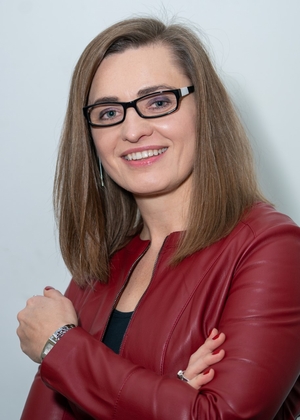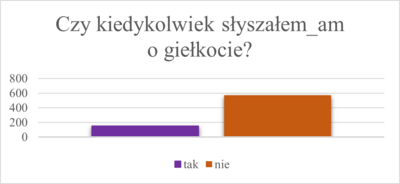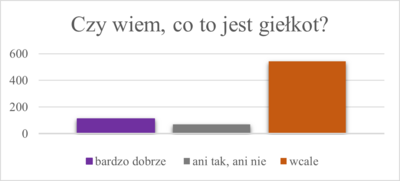 Dr Monika Kaźmierczak
Dr Monika Kaźmierczak
Cluttering, i.e. cluttered speech is a fluency disorder characterised by a too fast and/or irregular rate of speech. How many students have ever heard of cluttering? Who knows the concept of cluttering and who does not know what it is? Members of Dr Monika Kaźmierczak's research team, who have just completed a diagnostic survey, have already go to know and shared the answers to these and other questions with us.

The intensity of features characteristic of cluttering has not been the subject of students' self-assessment so far. And this is a very large group of young adults who are entering an important period of personal and professional development. The quality and effectiveness of language communication are very important at this stage. Several universities have already become interested in the results of our research
– says Dr Kaźmierczak, a member of the International Cluttering Association.
Conclusions from the analysis of the student self-assessment surveys will be disseminated in various environments in order to raise social awareness about cluttering and optimise communication of people with this fluency disorder in the educational, professional or social space.

As many as 726 students from 54 different types of universities, not only in Poland, accepted the invitation to participate in the self-assessment. This is a very large and valuable study group. We are at the stage of data development and we already know that some confirm the conclusions of other international studies on cluttering, but there are also surprising conclusions that will require further in-depth analyses
– adds the speech therapist from the university of Lodz.
The research results of Dr Monika Kaźmierczak's team will be presented during The Third World Conference on Cluttering (16-17, September 2023 in Katowice). They will also be the subject of further activities under the project "Predicting cluttering among young adults".
Source: Dr Monika Kaźmierczak (Faculty of Philology, University of Lodz)
Edit: Communications and PR Centre, University of Lodz
